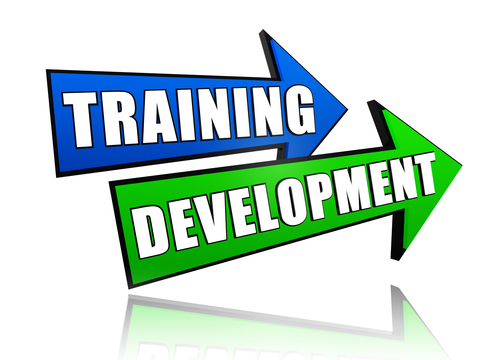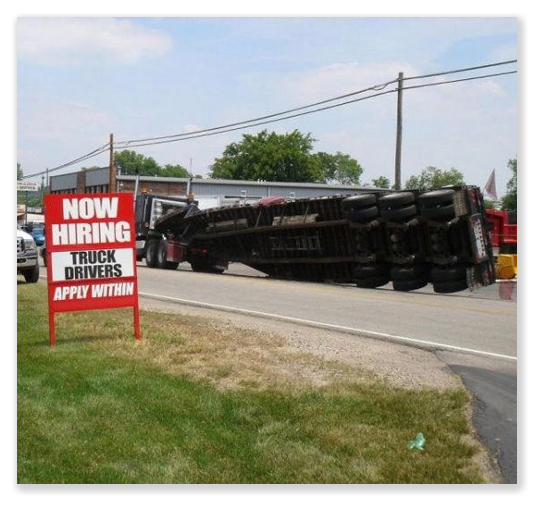We’re still doing a weekly newsletter… we’re just posting pieces of it every day. The news is fresher this way…

BUT HE WAS HIGHLY SKILLED
Chapter 3 enhancements to the United States Sentencing Guidelines provide any number of opportunities for judicial mischief. The defendant’s base offense level can be increased by having a managerial role in the offense, for obstructing justice, using a minor in an offense, reckless endangerment during flight, vulnerable victim… There’s quite a list of enhancements, and about the only commonality among them is that trying to define what conduct should qualify a defendant for the enhancement is akin to nailing Jello onto the wall.

Guideline 3B1.3, for example, provides that “[i]f the defendant abused a position of public or private trust, or used a special skill, in a manner that significantly facilitated the commission or concealment of the offense, increase by 2 levels.” And what might a “special skill” be? The Application Notes for Sec. 3B1.3 say that “a ‘special skill’ refers to a skill not possessed by members of the general public and usually requiring substantial education, training or licensing. Examples would include pilots, lawyers, doctors, accountants, chemists, and demolition experts.”
Tell that to Jose Villafranca. He got caught in Texas driving a truckload of illegal aliens, an offense for which he got a 57-month sentence. The district court slapped him with a 2-level enhancement – raising his sentencing range by about a year – for his “special skill” of holding a commercial driver’s license.
 Last week, the 5th Circuit agreed with the upward adjustment, holding that the “ability to drive a tractor trailer truck as evidenced by the possession of a commercial driver’s license constitutes a special skill for purposes of Sec.3B1.3.” Relying on a prior, unreported case, the court of appeals observed that Jose “had 15 years of commercial truck-driving experience, acted as a licensed truck driver purporting to carry a legitimate load through a checkpoint on one of the nation’s busiest corridors where there are thousands of other tractor-trailers.” The Court argued that “without those special skills, he would have been unable to tow the tractors in which the aliens were hidden… by carrying the aliens in the truck’s trailer, the defendant gave the appearance that he was hauling a legitimate load and made it much more difficult to identify the aliens.”
Last week, the 5th Circuit agreed with the upward adjustment, holding that the “ability to drive a tractor trailer truck as evidenced by the possession of a commercial driver’s license constitutes a special skill for purposes of Sec.3B1.3.” Relying on a prior, unreported case, the court of appeals observed that Jose “had 15 years of commercial truck-driving experience, acted as a licensed truck driver purporting to carry a legitimate load through a checkpoint on one of the nation’s busiest corridors where there are thousands of other tractor-trailers.” The Court argued that “without those special skills, he would have been unable to tow the tractors in which the aliens were hidden… by carrying the aliens in the truck’s trailer, the defendant gave the appearance that he was hauling a legitimate load and made it much more difficult to identify the aliens.”
Of course, the same can be said of a person holding a plain vanilla driver’s license. Knowing how to drive a car with a couple of aliens in the trunk would be similarly skillful. There are about 3.5 million licensed truck drivers in America. Indeed, it is not necessary to hold the license to be knowhow to drive an 18-wheeler. (We confess that years ago, we began driving a tractor-trailer for a produce farm with 10 minutes of on-the-road training).
 We’re not denying that there are many very skilled, very experienced truck drivers on the roads. Rather, we’re arguing that the test is whether skill that required much training and education contributed substantially to committing the crime. To make the point, we’d note that had Al Qaeda used air transport pilots on 9/11, those skills would been used to turn the aircraft into the flying bombs they became. But using a few mutts who had never soloed an airplane – let alone held a pilot’s license – was enough to carry out the attack. Likewise in this case, anyone with an hour’s training could have driven a tractor-trailer through a customs station.
We’re not denying that there are many very skilled, very experienced truck drivers on the roads. Rather, we’re arguing that the test is whether skill that required much training and education contributed substantially to committing the crime. To make the point, we’d note that had Al Qaeda used air transport pilots on 9/11, those skills would been used to turn the aircraft into the flying bombs they became. But using a few mutts who had never soloed an airplane – let alone held a pilot’s license – was enough to carry out the attack. Likewise in this case, anyone with an hour’s training could have driven a tractor-trailer through a customs station.
This decision makes a mockery of the Application Note, unless “truck driver” is a logical progression of the subset “pilots, lawyers, doctors, accountants, chemists, and demolition experts.” If the trial judge feels the need to vary above the Guidelines range for some reason, he or she should simply do so, rather than reducing Chapter 3 of the Guidelines to an absurdity with bogus enhancements.
United States v. Villafranca, Case No. 16-40022 (5th Cir., Dec. 1, 2016)

